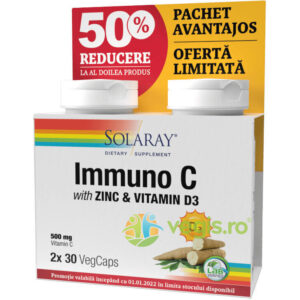Mental health disorders should be addressed by a specialized doctor as each case is different and might require medication or other solutions. Yet, over the years, it was demonstrated that food impacts mental health to a certain extend.
Here are some of the information presented by The Center for Treatment of Anxiety and Mood Disorders, together with some insights over the “diet for mental health”.
Even if these could be useful info for a lot of patients, please, keep in mind they do not replace doctor’s consult and advice.
It is estimated 50% of American people will be diagnosed with a mental health condition at some point in their lives
Studies show mental health conditions are more common in United States. In 2018, mental health issues, depression included, ere the third most common cause of hospitalization in USA for 18-44 age group.
Are these data correlated with the occidental diet/American diet? Is there a correlation between food and mental health?
Given this information, specialists wanted to find out if these results are correlated in some way with the American diet or with junk food, more precisely. Among their conclusions: the risk of depression increases by approximately 80% when you compare teenagers with a low-quality diet (Occidental Diet) vs. those with a healthy diet.
Besides, some other studies have shown that food allergies might be a trigger or a factor in in bipolar disorder and schizophrenia.
Food benefits for mental health
Studies are “on-going” and no clear, official results were being made due to the subject sensitivity. Yet, there are a lot of conclusions and studies results that show that food affects the brain.
It was stated, for example, that a proper diet can stimulate brain development, it stimulates proteins and enzymes in the brain to increase neurotransmitters. A good diet also increases “good” intestinal bacteria, and this promotes a healthy intestinal biome, decreases inflammation, and all these affect cognition and mood.
Besides, a good diet increases the level of serotonin which, again, promotes good mood.
On the other hand, diets rich in saturated fats and refined sugars have a negative impact on the brain.
A study from 2017 showed the adverse effects of long-term sugar consumption, but also that low-sugar foods led to better mental health.
READ ALSO “ENDOMETRIOSIS TIPS AND TRICKS: ABOUT CITRUS FRUIT”
What foods to introduce for a good mental health?
The complete and personalized food plan should be established by the doctor, together with the patient, based on patient’s medical history.
Yet, there are some general guidelines you could follow and also ask your doctor about. The correlation between food and mental health is not 100% officially proven, but these recommendations could better your health state.
For a mental health you should introduce in your diet foods rich in:
Zinc – some studies show that low levels of zinc could be one of the causes of depression.
Omega-3: these essential fatty acids contribute to good mood, help memory, etc.
B12 – and here are studies that show that a low level of B12 and a high level of homocysteine could increase the risk of cognitive decline.
Vitamin C – it appears that vitamin C levels are significantly lower in some adults over 60 with depression.
Iron – anemia plays an important role in the clinical picture of patients with depression.
In addition, it is important to introduce whole grains, green leafy vegetables, fruits, legumes, seafood, fermented foods into the regular diet.








2 Comments
Pingback:
September 21, 2023 at 6:29 pmPingback:
September 27, 2023 at 7:59 am